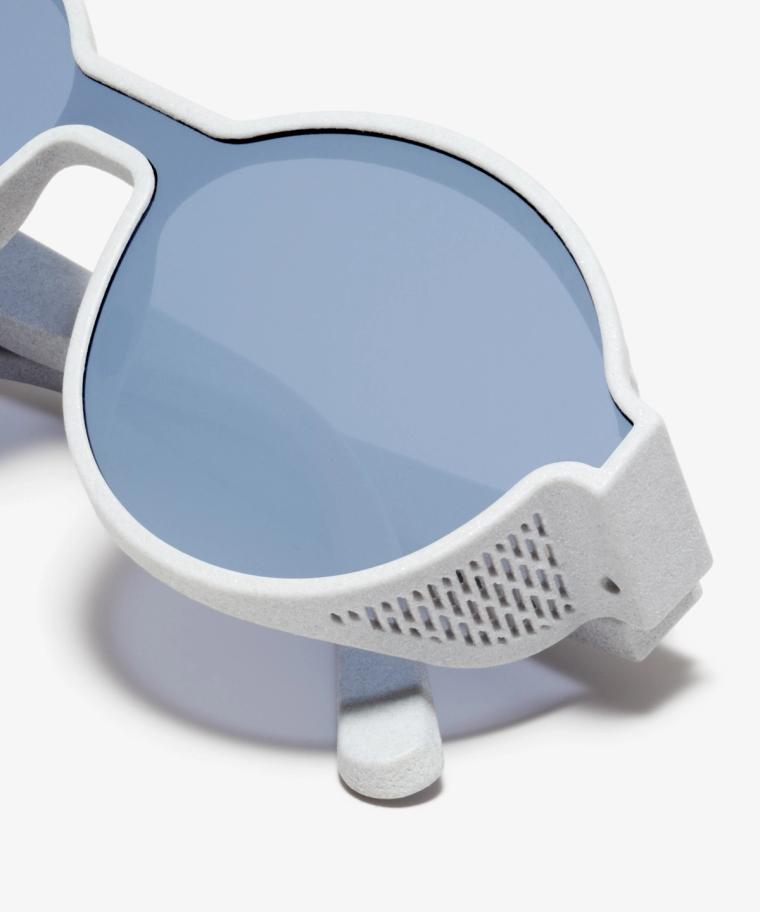
Polarized lenses for sunglasses
Sunglasses protect us from UV rays and are simultaneously also a fashion accessory. Sunglass lenses protect our eyes from direct incident light. But reflections can occur when sunrays strike surfaces that reflect light: for example, when the rays strike water, a pane of glass or even a wet road surface.
For our eyes, this means annoying glare that can significantly impair visual performance and make our eyes feel tired. Sunglasses with polarised lenses provide relief in such situations.
Polarised lenses for your sunglasses: even better vision
Polarised sunglass lenses virtually eliminate distracting reflections, enhance contrasts and reduce glare, so you can see in detail and with good contrast even in challenging lighting conditions. The main benefits of polarised lenses are:
Relaxed vision and reduction of annoying glare
Improved vision in challenging lighting conditions
Perfect for road traffic and outdoor activities




